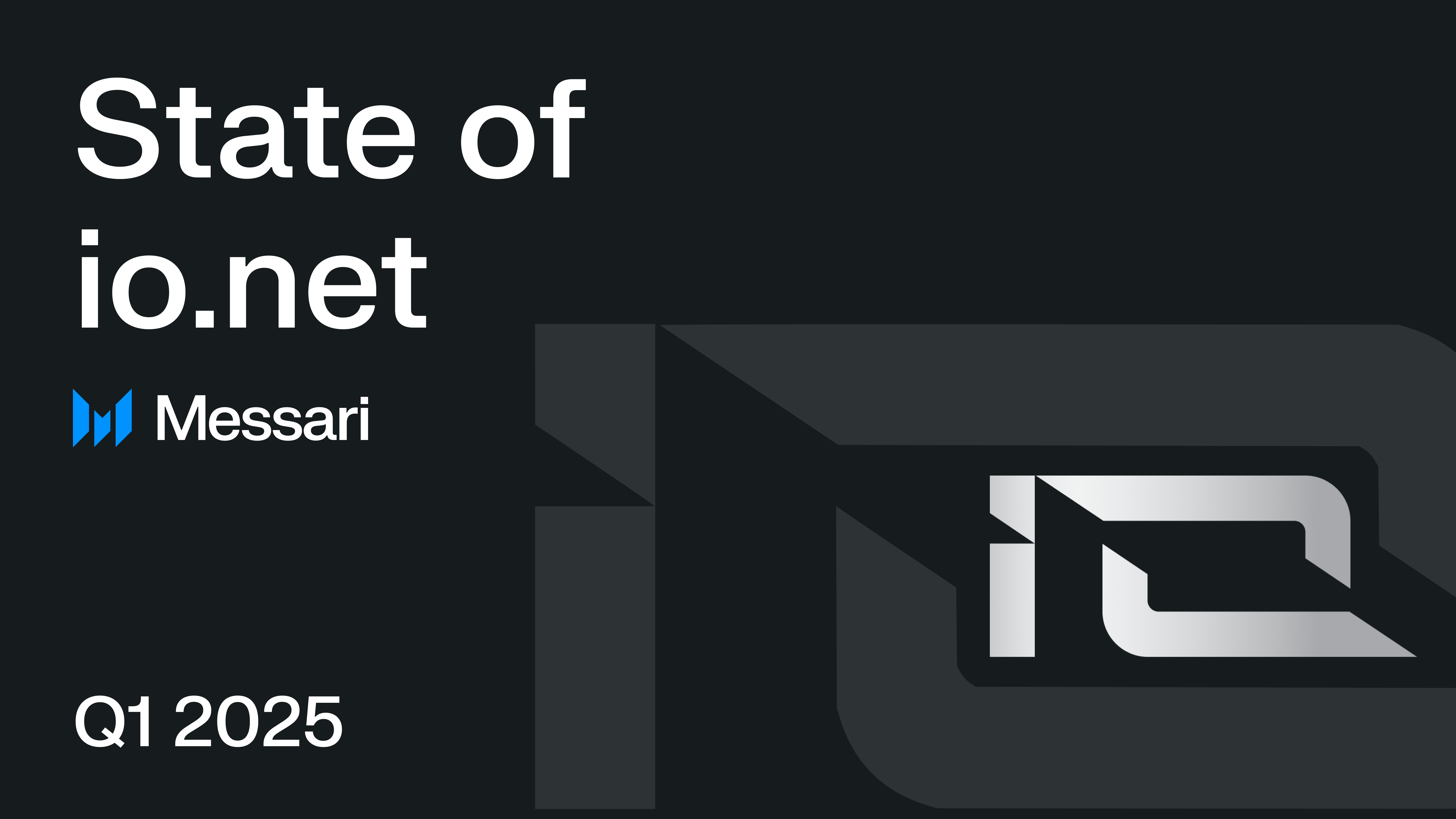Exciting Prospects for Altseason: Rollblock and Other Promising Altcoins

The cryptocurrency market is poised for an exciting altseason, with several altcoins demonstrating significant potential for growth in 2025. Notable mentions include Aave, Pepe, Bittensor, and Chainlink, all of which are expected to perform well in the coming months. However, Rollblock (RBLK) stands out as a particularly promising presale project within the GambleFi sector, with experts predicting it could see a remarkable 50x increase from its current valuation. Rollblock aims to revolutionize online gaming by ensuring transparency and fairness through blockchain technology, addressing the alarming statistic that over 9% of web-based gaming platforms manipulate user bets in favor of the house.
Rollblock’s recent performance has been impressive, with a 600% increase in new registrations in December and over $1.75 million wagered across its extensive gaming offerings. The presale has attracted significant interest, boasting more than $8.5 million in total value locked (TVL) and a growing community of over 40,000 holders. The tokenomics of RBLK are particularly appealing, featuring a fixed supply of one billion coins, with 60% burned and the remainder allocated to stakers. This scarcity is expected to drive demand higher as more users engage with the platform, creating a bullish outlook for the token’s future.
In addition to Rollblock, other altcoins like Aave are gaining traction, particularly following its collaboration with Aptos, which enhances cross-chain interoperability. Meanwhile, Pepe faces short-term selling pressure due to whale activity, but its long-term prospects remain positive. Bittensor is working to establish a decentralized AI market, while Chainlink continues to solidify its position as a leading oracle provider. Collectively, these projects represent a diverse and balanced portfolio for investors looking to capitalize on the upcoming altseason, with Rollblock emerging as a standout opportunity in the rapidly evolving crypto landscape.
Related News





